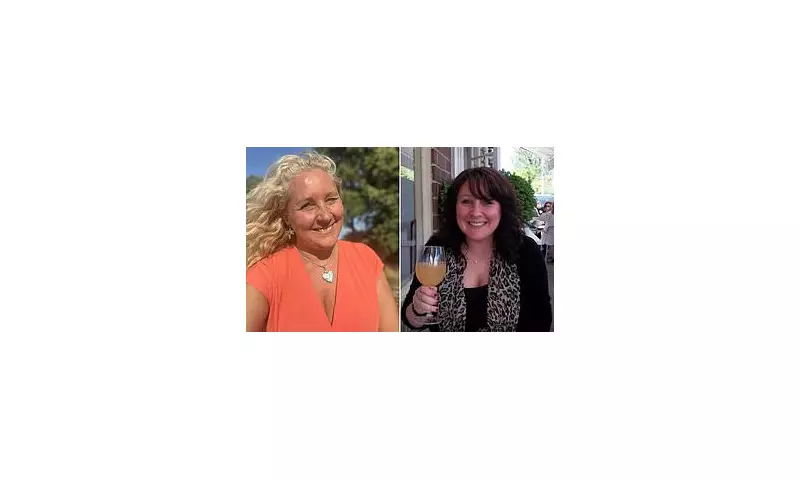
To her colleagues in the corporate PR world, Sarah Lloyd was the epitome of success. The 48-year-old appeared to have a glamorous, high-flying career, a happy family life, and a vivacious personality that made her the life and soul of every party. Behind this carefully constructed facade, however, lay a starkly different reality.
Ms Lloyd was grappling with severe anxiety, burnout, and a profound sense of shame, which she directly links to using alcohol as a coping mechanism for undiagnosed autism. Her story sheds light on a growing and often hidden issue affecting many women across the UK.
The Mask of Social Conformity
For Sarah, drinking began as a tool for social survival. 'Drinking at first was always about fitting in,' she explained. 'It was my way of letting go, blocking out how I was feeling and attempting to fit in with others around me.' She describes having no 'off switch', often drinking until her money was gone or she was asked to leave.
This behaviour was a response to the daily challenges she faced, which she now understands were symptoms of neurodivergence. 'I would take things very literally and found it hard to know when someone was joking,' she recalls. 'I would say yes to everything and had no boundaries to the point I would often endanger myself. And if plans changed on me, I would think that everyone hated me.'
While she has not yet received an official diagnosis from a psychiatrist, Ms Lloyd's self-reported symptoms strongly align with autism, or potentially AuDHD—a combination of autism and ADHD. Autism is not an illness but a lifelong condition, present on a spectrum where some individuals require constant care while others, like Sarah, live independently but find relationships challenging.
A System Under Strain
Sarah's late-in-life realisation is part of a significant trend. Historically, autism and ADHD were critically underdiagnosed in women, believed to primarily affect boys. This has led to a surge in middle-aged women seeking formal assessments, placing immense pressure on the NHS.
Shockingly, figures released in December 2024 revealed that over 224,000 people in England were on waiting lists for an autism assessment, with 130,000 of them under the age of 18. This backlog highlights a systemic failure to support neurodivergent individuals in a timely manner.
For Ms Lloyd, who lives in Hampshire, the preference for predictability and an aversion to loud, chaotic spaces—common traits of autism—described her perfectly. Her reliance on alcohol peaked in her 30s and early 40s, using it to endure high-pressure workdays and social events. 'I lost friends and potential partners because of how I behaved when drunk,' she admits. 'Mentally it was a rollercoaster.'
The Turning Point and a New Path
The birth of her second child in 2015 became a catalyst for change. In the aftermath, she was besieged by crippling panic attacks and anxiety. When conventional treatments like antidepressants and Cognitive Behavioural Therapy (CBT) failed to provide relief, she turned to alternative therapies.
She discovered reiki, a Japanese stress-reduction technique involving the laying on of hands to channel energy. 'It was like someone had switched a light on inside me,' she said. 'I felt this sense of peace and calm I hadn't felt before.'
This experience prompted a radical life shift. After attending the Mind Body Spirit Festival in London in 2017, she left her corporate career and retrained as a reiki practitioner. She now also hosts the Shame-Less Stories podcast, helping other women share their experiences.
Reframing her past, she no longer sees herself as weak, but as someone who was struggling without the language or awareness to understand why. 'I've learned that understanding myself – my mind, my body, and my patterns – has been far more powerful than any drink ever was,' she concluded. 'Now I face life with clarity, not a bottle, and that freedom is priceless.'






